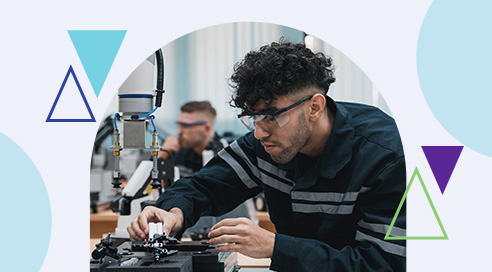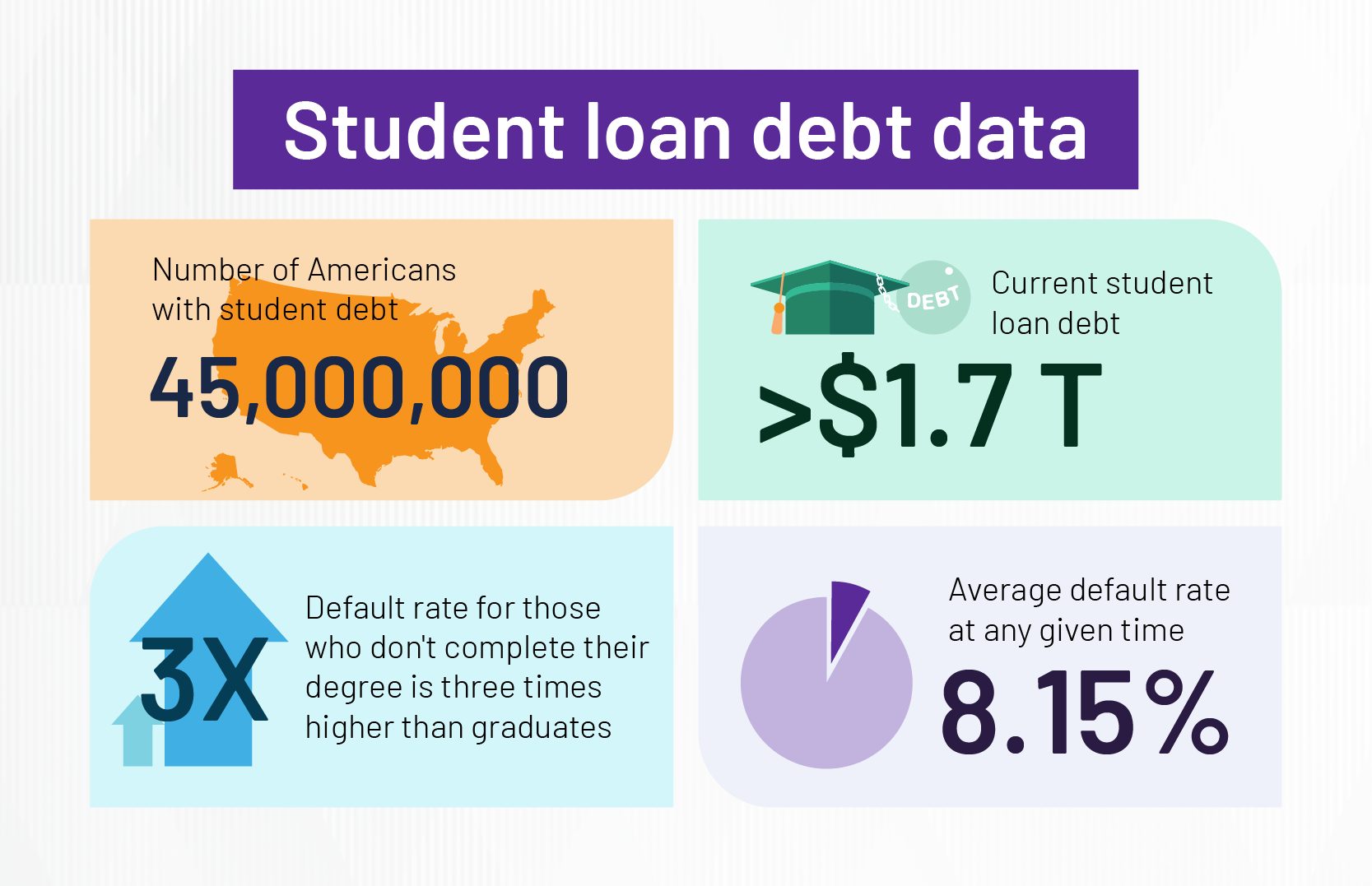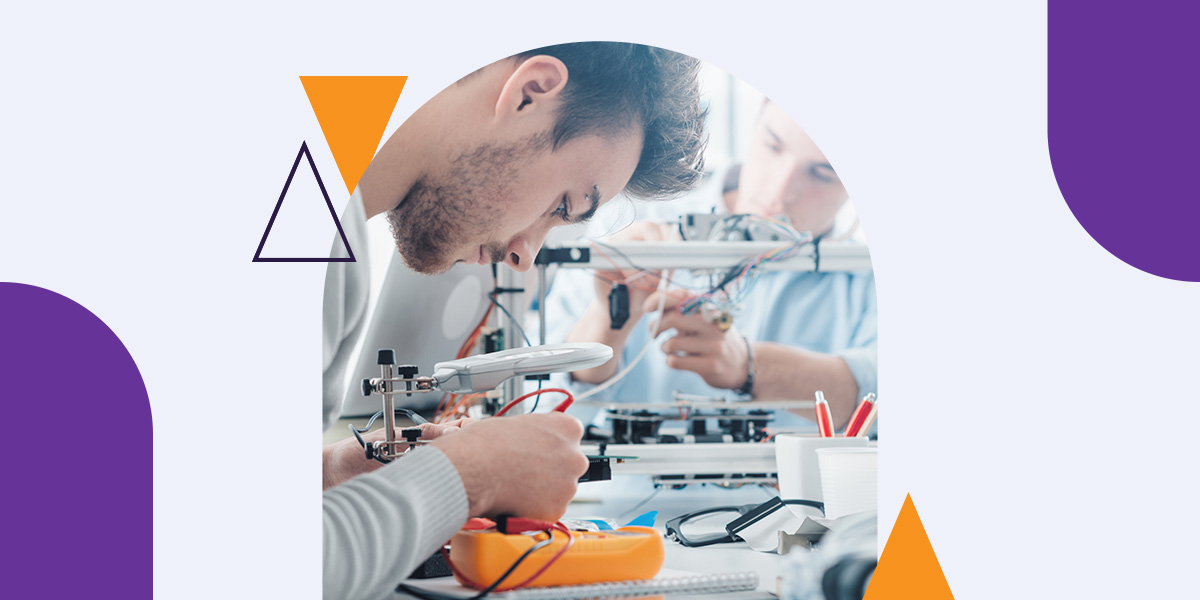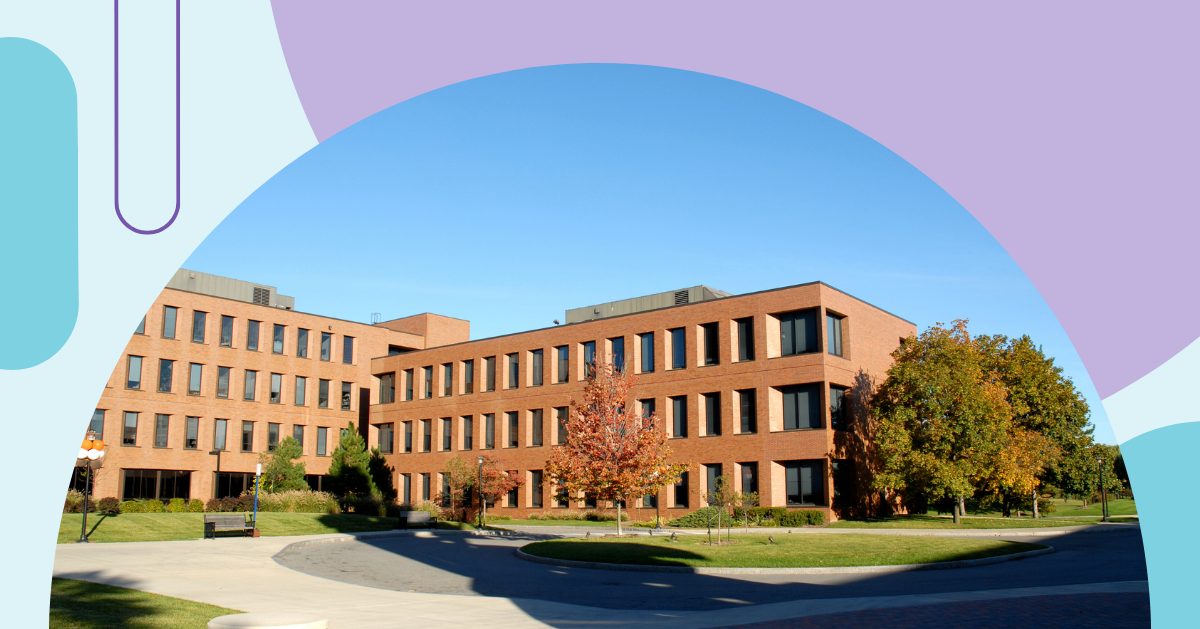
As a higher education administrator, you’ve likely seen firsthand how artificial intelligence (AI) has changed the educational sector. Colleges and higher ed institutions today operate differently than they did a decade ago. No longer is AI seen as a futuristic concept. It has already reshaped learning, teaching, and administrative processes in institutions. It can also be used to rethink your assessment strategies.
Educational assessments are critical to gaining more insight into your educational programs and learning experiences for students. Traditional assessment methods are falling short and can easily be transformed through AI. Introducing AI as a strategic imperative to enhance your assessments can improve their effectiveness, strengthening your institution’s teaching and learning experiences.
Explore the applications of AI-powered assessment and which AI assessment tools can facilitate them.
Institutional assessment in the age of AI
It is no secret that the trust in colleges and higher ed institutions is in a steep decline regarding their standards and value to students. Because of this, they are under pressure from internal and external stakeholders. These stakeholders demand more transparency and accountability in the education performance, student success, quality assurance, and financial efficiency of institutions.
Institutions are expected to juggle their responsibilities of proving their value while navigating mountains of data. AI can help keep things balanced. Beyond its automation capabilities, AI’s real opportunity is its potential to improve assessment strategies from the ground up. Educational assessments can be more authentic, personalized, and aligned with today’s workforce skill demands.
However, institutions must prioritize AI literacy to integrate these assessments successfully. College and higher ed administrators, faculty, and staff must understand AI literacy in teaching and learning (ALTL). This would include understanding the basics of how AI works, its applications and limitations in learning and teaching, and how it can be used to improve an institution’s performance and student success. It also involves AI’s ethical use — transparency and accountability count here, too.
Institutions that integrate AI into their assessment strategies can use it to interpret insights and turn them into action. Perhaps then they can alleviate the pressures from the public and stakeholders.
Applications of AI for institutional assessment
AI can be used for student and institutional assessment in various ways.
1. Adaptive testing and personalized assessments
Every student learns differently. With the help of AI and adaptive testing, institutions can recognize that. Computerized adaptive testing (CAT) adjusts the difficulty of questions in real time based on the test taker’s performance.
For example, if a student struggles, the test recalibrates to reduce the risk of them struggling further or feeling overwhelmed. When a student excels, it can present more challenging questions to push their abilities and critical thinking.
Adaptive testing is a valuable AI-powered assessment tool. It helps customize a student’s learning experience by keeping them engaged based on their learning level. It is also a personalized, more accurate measure of their abilities. Adaptive testing skips the one-size-fits-all approach of standard tests.
2. AI-driven formative assessments
AI also changes how we think about formative assessments — one of several assessment practices that transform institutions. Traditionally, faculty may use quizzes or assignments to gauge how well learners understand the material.
However, AI can analyze student performance in real time to give instant feedback and quickly identify any learning gaps before they widen. Your faculty can respond to these insights to meet students where they are. It’s a smarter and faster way to support their learning experience.

3. Bias detection and fairness checks in assessments
AI tools can also be used to audit educational assessments for any bias. Identifying bias has always been challenging to quantify — however, AI could flag patterns that may disadvantage certain groups. That said, the AI tool itself must also be audited for bias. Putting these checks in place can help institutions create more fair and inclusive assessments and policies.
4. Data analytics for institutional improvement
Institutions can now see the bigger picture thanks to AI’s analytical capabilities. For instance, it can collect and analyze large amounts of different data across students, classrooms, faculty, and departments. Wherever institutional performance can be checked, AI can assist. As an example, it can help identify potential curriculum strengths or teaching gaps. With this data, institutions can make the necessary adjustments to improve educational outcomes.
5. Curriculum effectiveness evaluation
With enough data, AI can even evaluate whether the institution’s curriculum is truly effective. With an AI-powered assessment tool, you may get the answers to burning questions such as:
- Are students consistently struggling with certain concepts?
- How can we improve their learning success?
- Are some teaching methods outperforming others?
AI can help identify these trends and, with these insights, open avenues to implement improvements. Educators can then refine what and how they teach — all based on real data.
Challenges of AI implementation
There is uncertainty about AI’s long-term impact. Colleges and higher ed institutions may face the following challenges:
- Ethical concerns: AI in education can raise a few eyebrows. Particularly, the ethical concerns would involve data privacy and consent. Institutions must also consider its implications on admissions, grading, and even faculty evaluations and institutional performance.
- Trust and acceptance: One major challenge with AI implementation is that it may not be widely accepted by faculty, staff, or students. Transparent communication and clear policies can build and maintain this trust. AI literacy among students and teachers can help.
- Data quality and interoperability: Siloed or inconsistent data undermines AI’s effectiveness. So, it’s crucial that your institution’s systems and software can exchange and use information between them with ease. It is foundational for responsible AI deployment.
- Human oversight: AI must augment human judgment and not replace it. Institutional decision-makers must maintain oversight to ensure AI is trusted and accepted. They must also ensure it aligns with the institution’s mission and student success outcomes. After all, human insight is essential for interpreting AI’s data and preserving academic integrity.
Watermark’s role in facilitating AI-enhanced assessment
Support your institution in implementing AI-enhanced assessment practices with Watermark. Our Educational Impact Suite (EIS) is a centralized and integrated hub of tools designed for higher education. With our platform, you will see big-picture insights that inspire progress in your leadership, student success, and institutional improvement.
We understand that higher ed institutions can get flooded with too many disjointed software solutions that are meant to solve problems. That is where our integration capabilities set us apart. Our EIS can translate data from your learning management system (LMS), student information system (SIS), and, of course, Watermark products.
We offer one platform that collects, synthesizes, and analyzes all your cross-system data to deeply understand your institution. Our software solutions bridge the gap between data and improvement. We also prioritize the responsible use of AI so our solutions can help you drive continuous improvement.
Request a demo of Watermark’s higher ed software
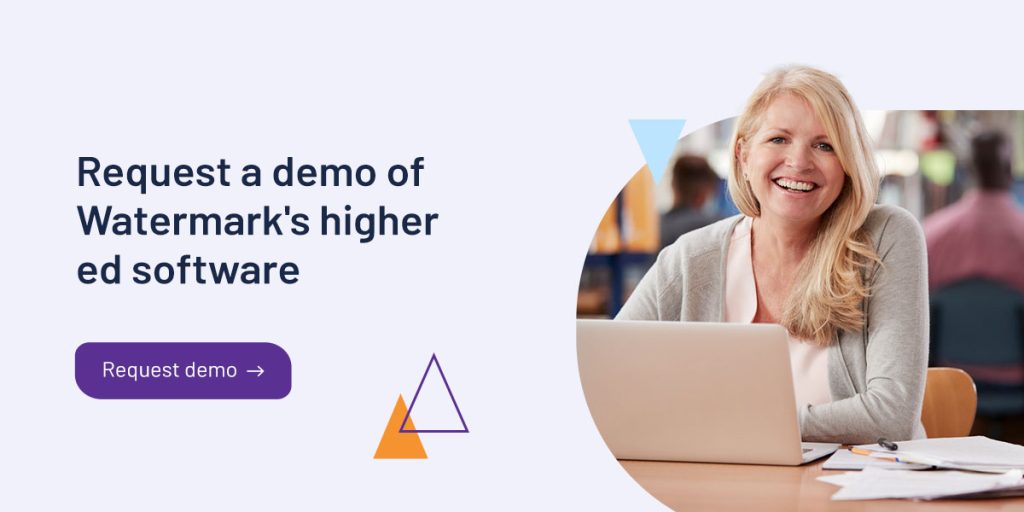
Operate more strategically with an AI-improved assessment process and tool. Gain effortless insights with our EIS and build simpler, measurable, and more engaging assessment practices.
Request a demo to learn more about how we can help you drive continuous improvement for your institution.







































































































































































































































































































































































